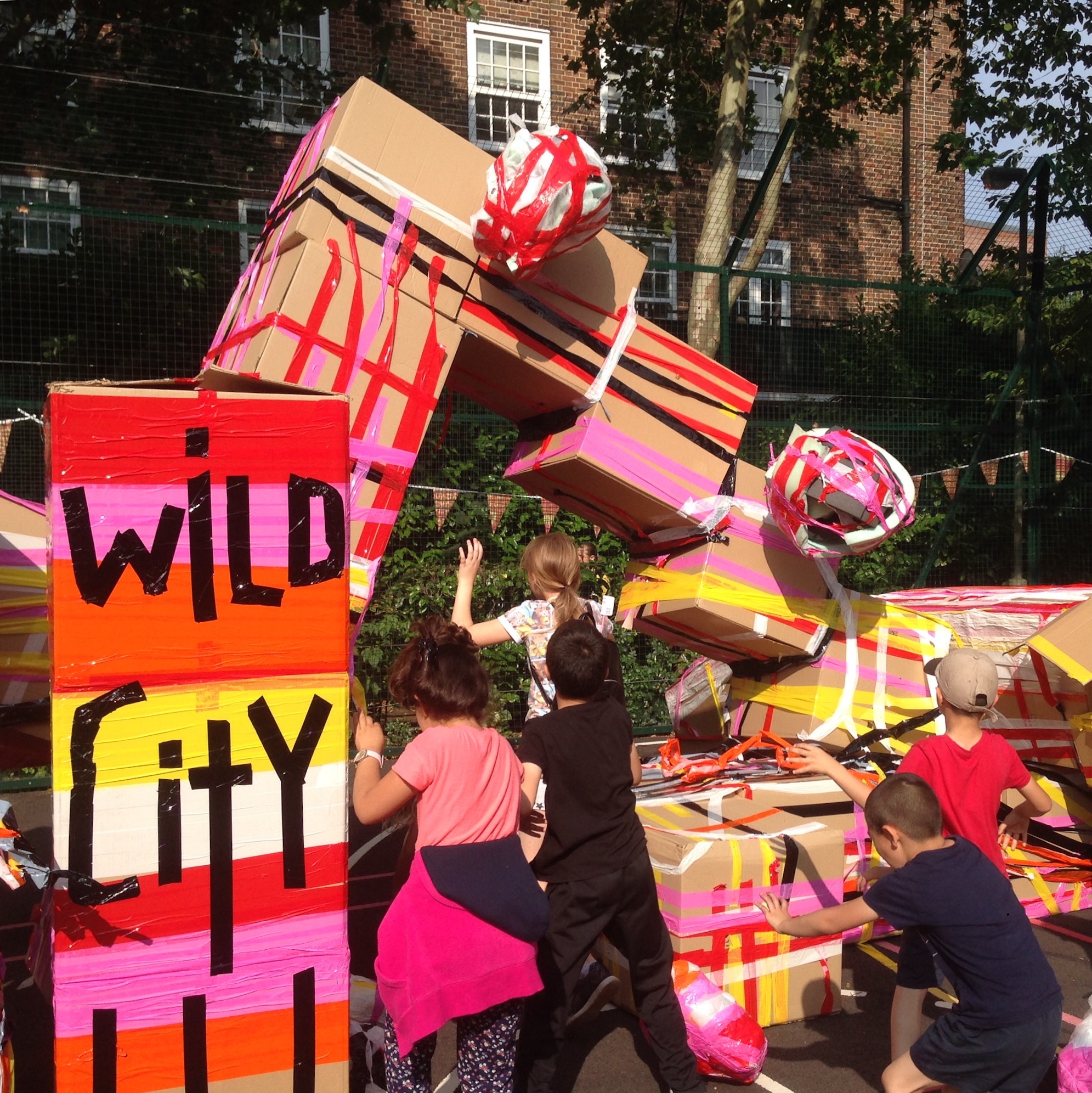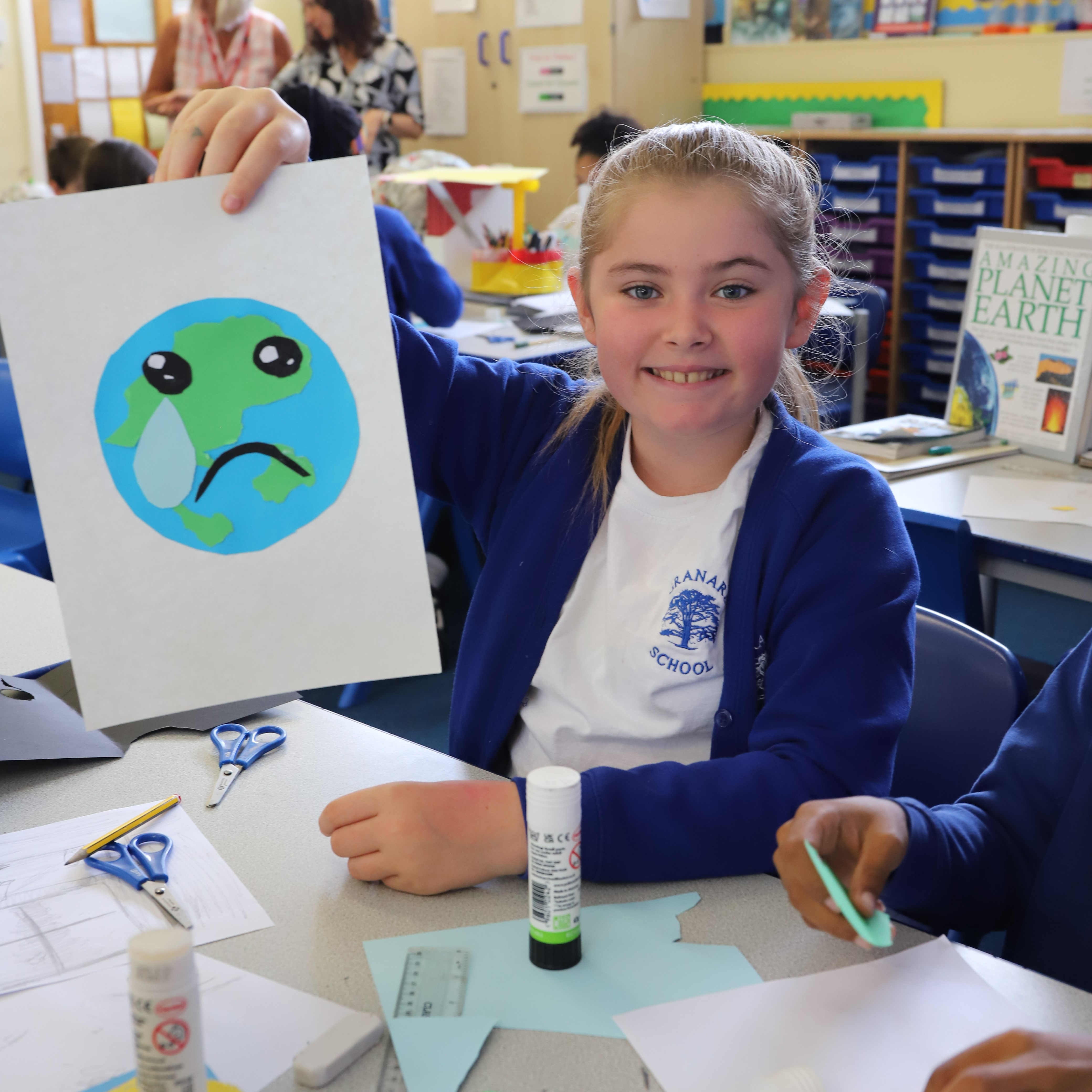Within Wandsworth, tackling climate change is already in progress.
Since the Council declared a Climate Emergency in 2019, all the Borough’s Arts Council funded National Portfolio Organisations have created Environmental Policies and Action Plans and the Council organised their first Together on Climate Change Festival in November 2021, to coincide with the COP26.
We believe that the WAF Sustainability Pledge can raise awareness on the need for individual artists and organisations to take tangible steps against climate change and could potentially set them up on their own pathway to creating tailored environmental policies and action plans. We are also confident that the festival has much to learn from its contributing artists, organisations and community groups, and this pledge and plan are our way to start the much-needed conversation on our collective responsibility and power to reduce carbon emissions in Wandsworth.
The WAF Sustainability Plan seeks to support the Arts and Culture Strategy and align with the Wandsworth Environment and Sustainability Strategy.






